
www.buildingsandcities.org/insights/commentaries/5th-anniversary-essays.html
5th Anniversary Essays

It's B&C's 5th year of publication. Celebrate with us by reading these thought-provoking essays.
These commissioned essays from Buildings & Cities' authors and readers explore how the research landscape is changing. New essays are continuously being added to the collection during 2024 as part of B&C's anniversary.
Collectively, these essays offer fresh insights into the processes and issues that are currently inadequate or missing in the built environment research landscape. A wide perspective from different disciplines and geographies creates a positive, collective vision for shaping the research agenda. Recommendations are made for what needs to change.
We hope this will provoke and inspire research funders, researchers and other stakeholders to discuss, reflect and act. Ideas range from systemic change to key research questions to improving engagement to change of focus.

Overview and reflections on key built environment research challenges raised in B&C's anniversary essays
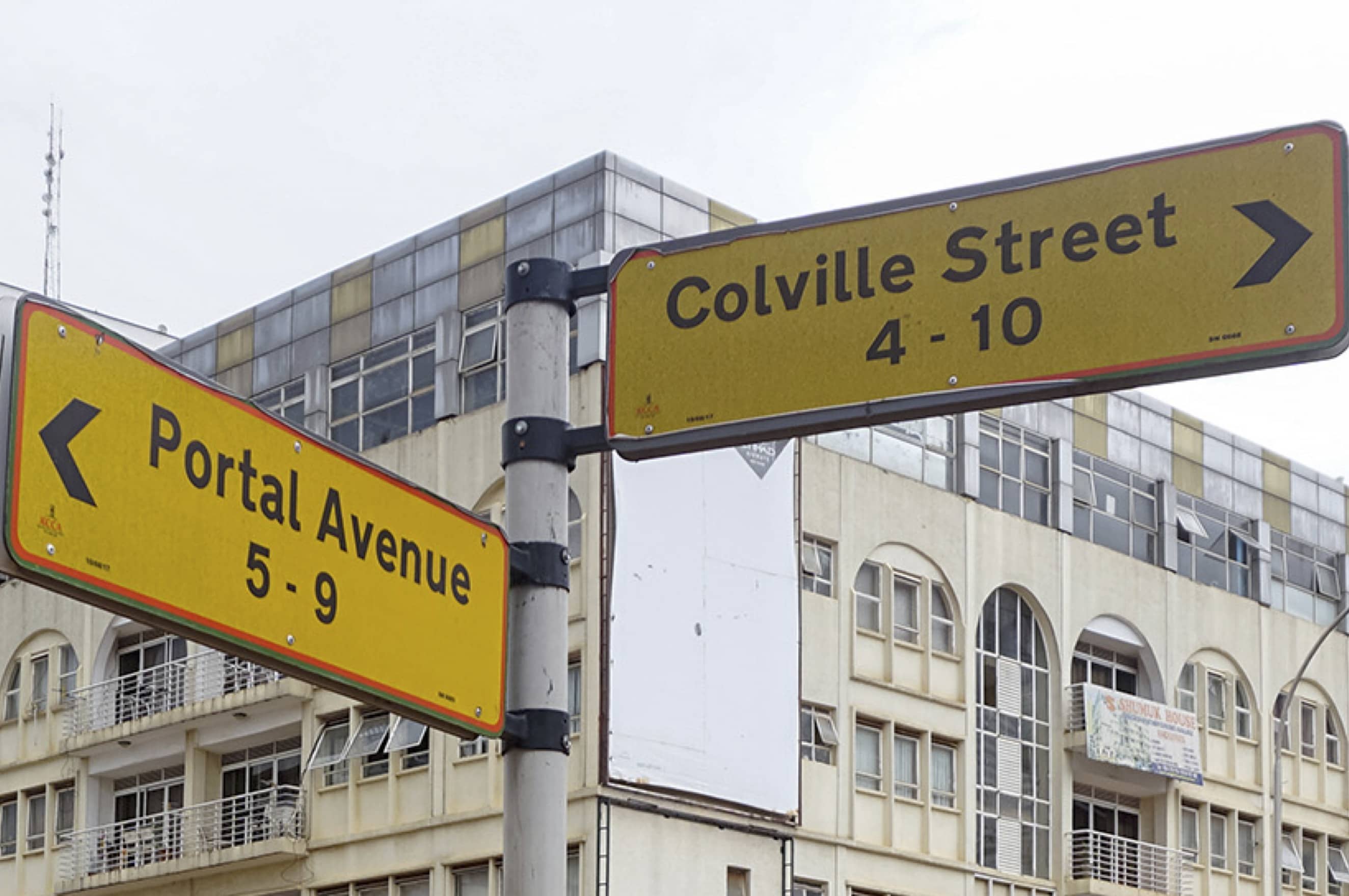
Strategies for decolonising street names: top-down by city authorities or bottom-up by local communities?

Nature-based design, combined with the transformation of underlying worldviews, can enhance urban resilience.
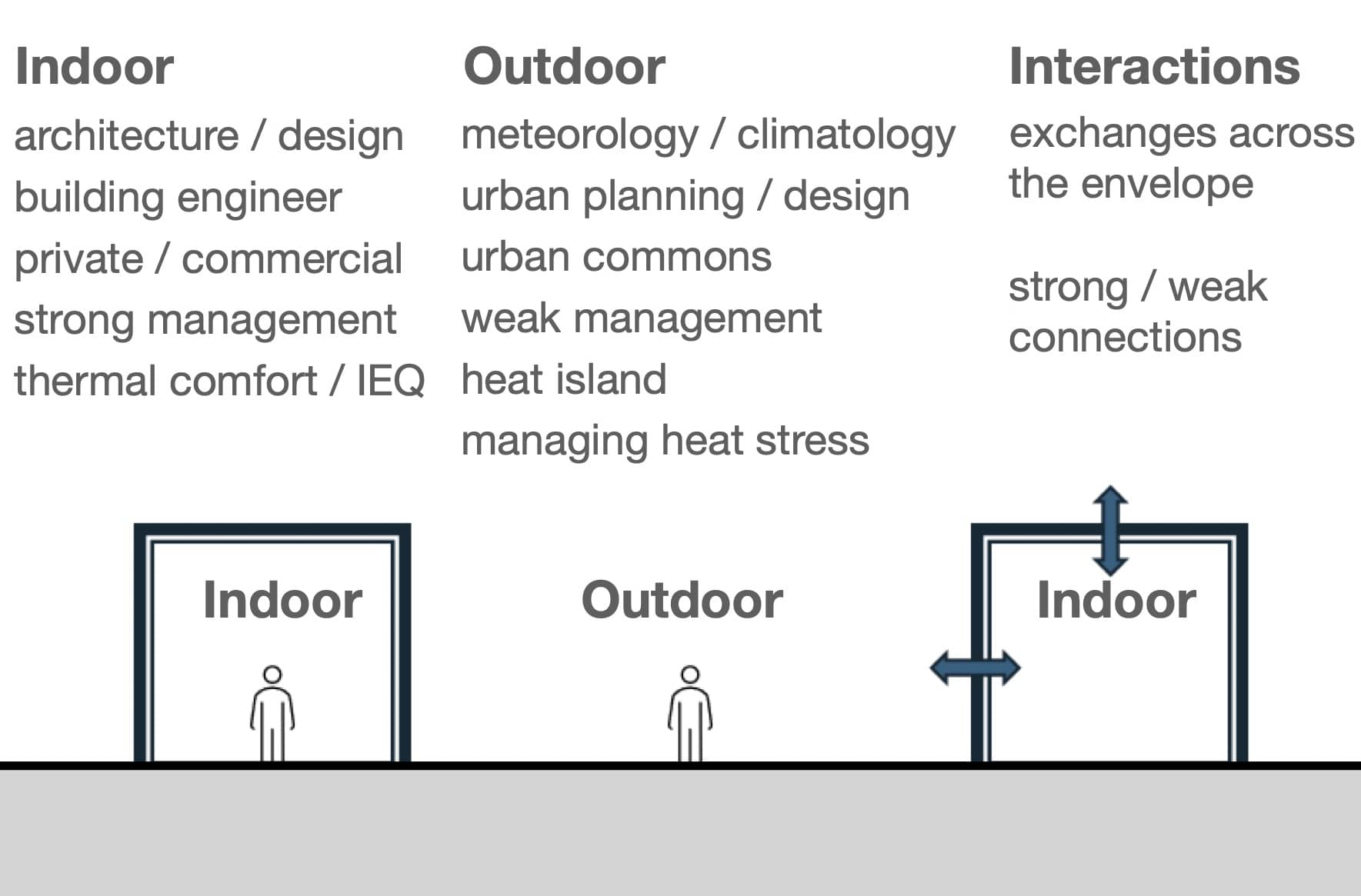
Understanding the interactions between urban form, outdoor and indoor spaces, and local climate requIres interdisciplinary interaction
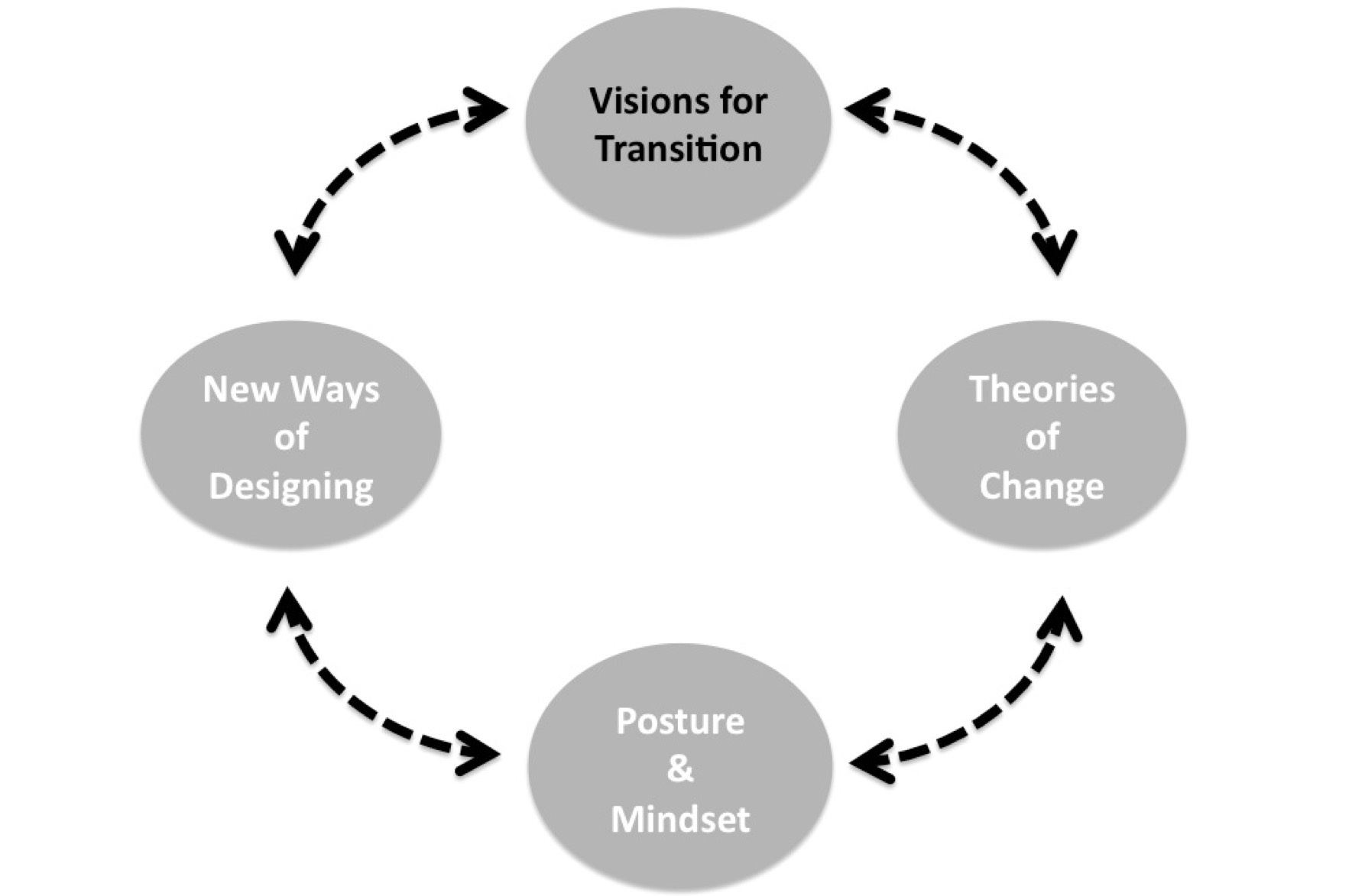
Both research and practice have a key role in developing positive, shared visions for the built environment
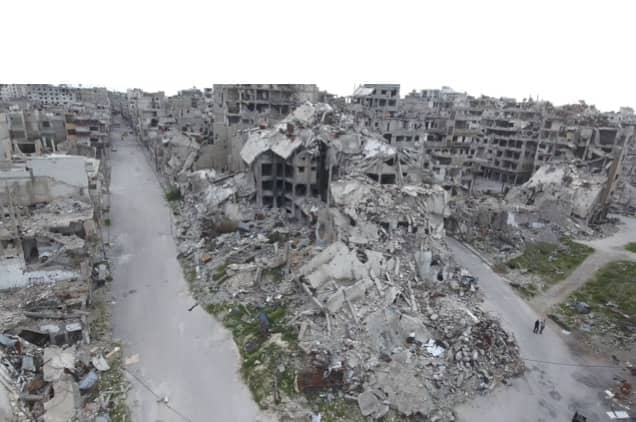
The destruction of cultural heritage is a war crime. Should peacetime destruction or displacement be a crime too?
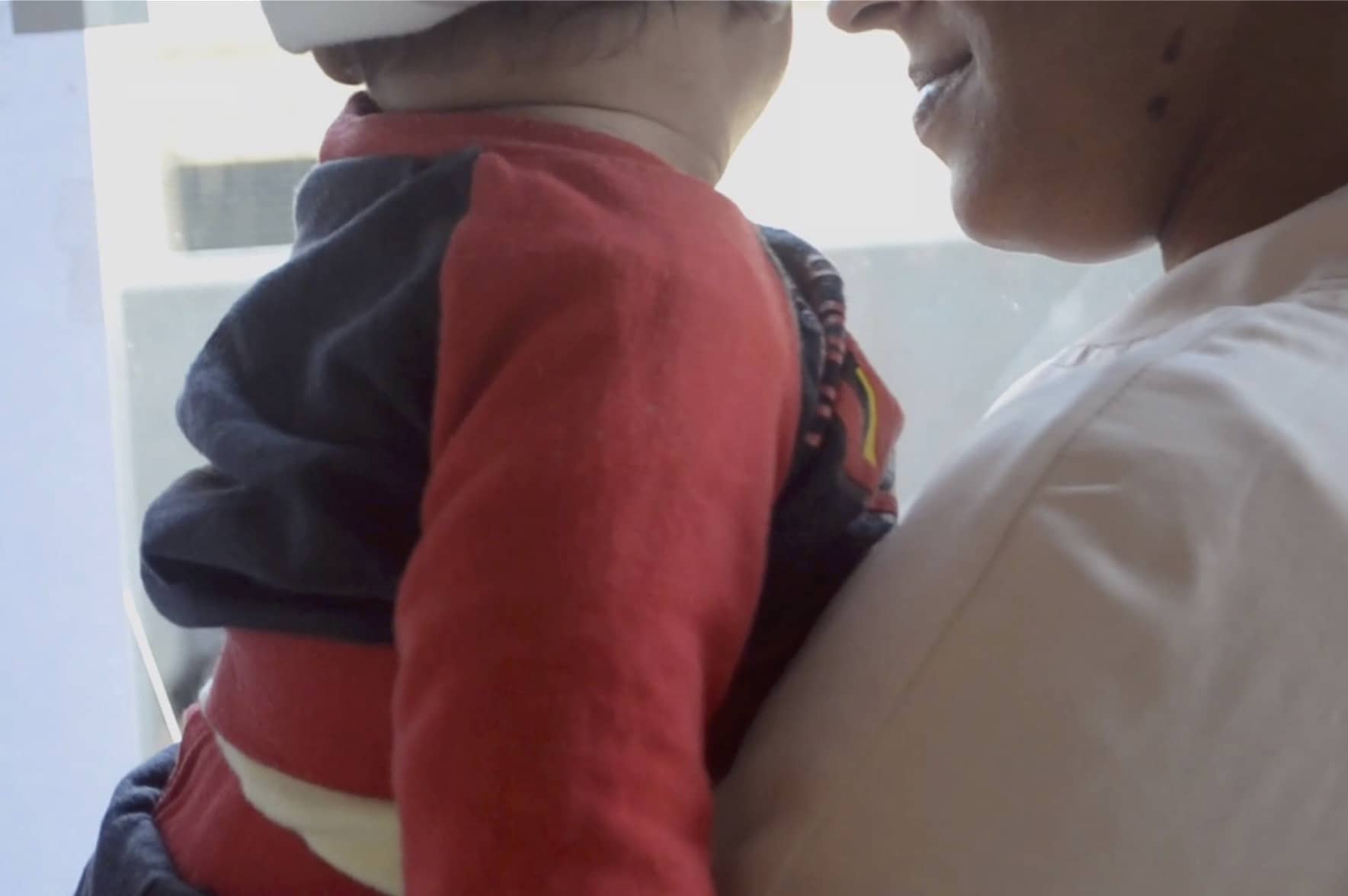
Partnering with NGOs and integrating local knowledge can enable researchers to develop effective and context-specific solutions

Why research funders, institutions and academics need to frame research agendas that are locally responsive
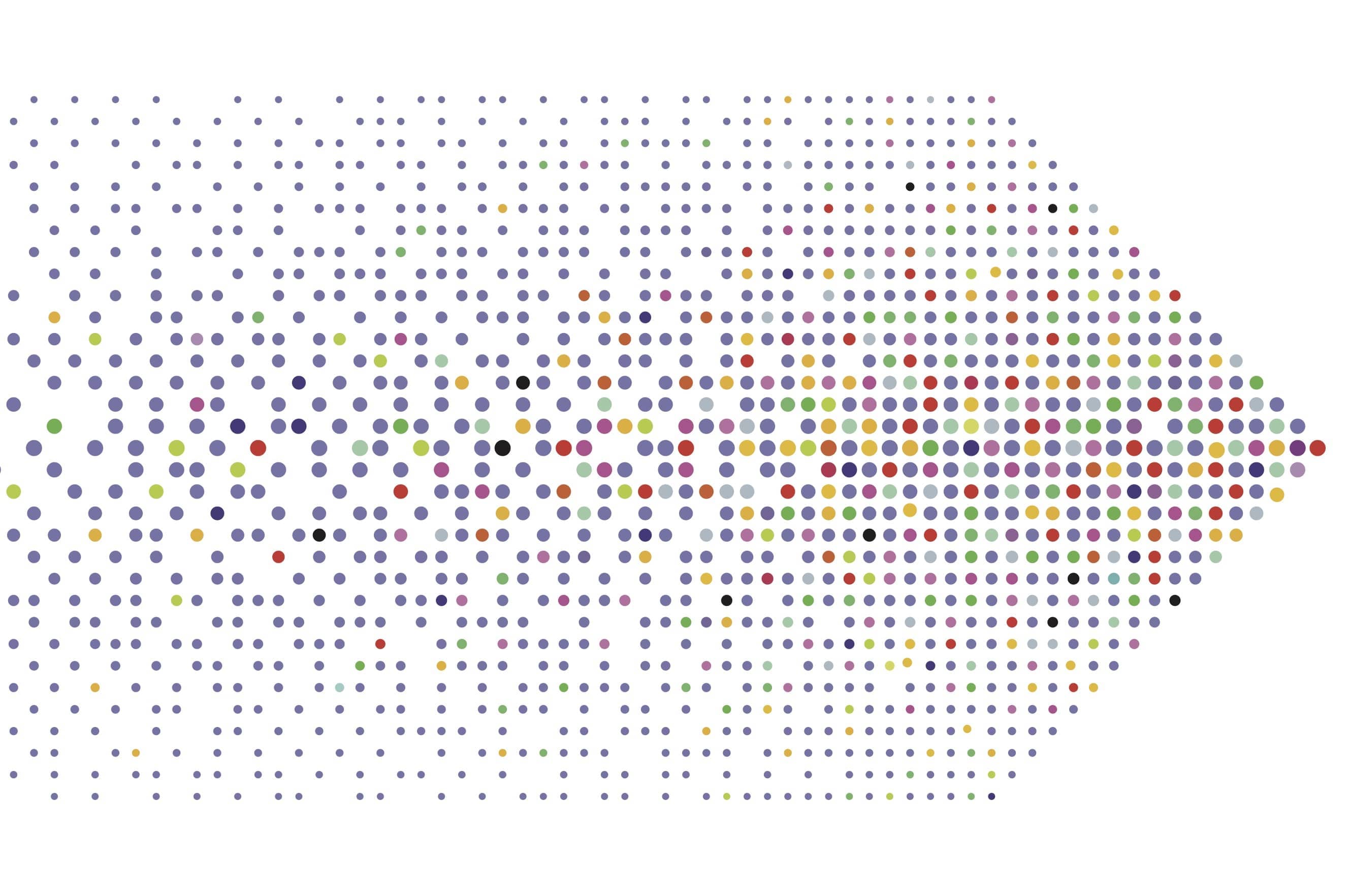
Challenges ahead: why urban planning and urban design need robust quantitative evidence for decision making.
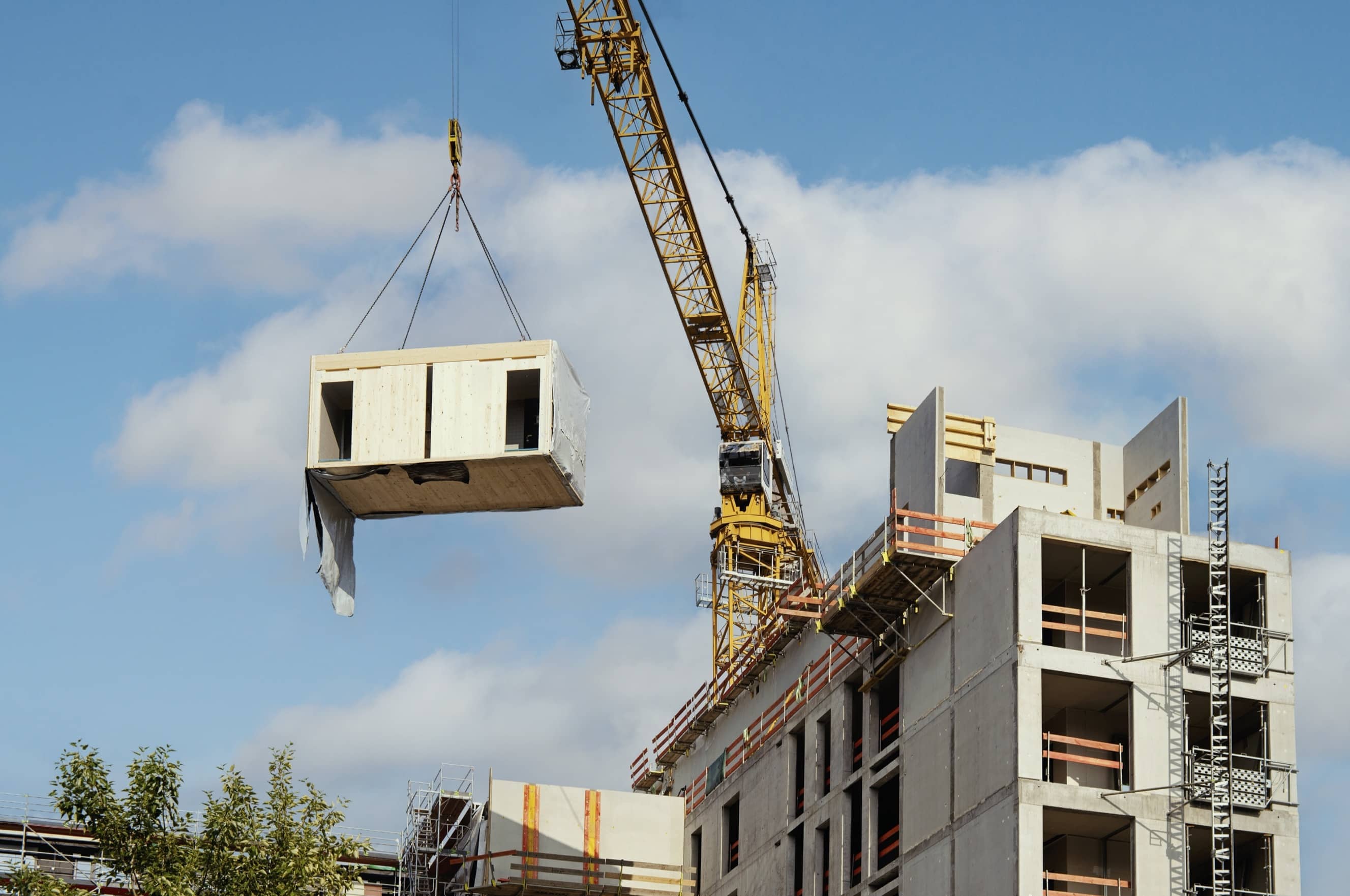
Challenges ahead: why robust research and education can help drive the necessary changes in regulating construction products to meet society's demands
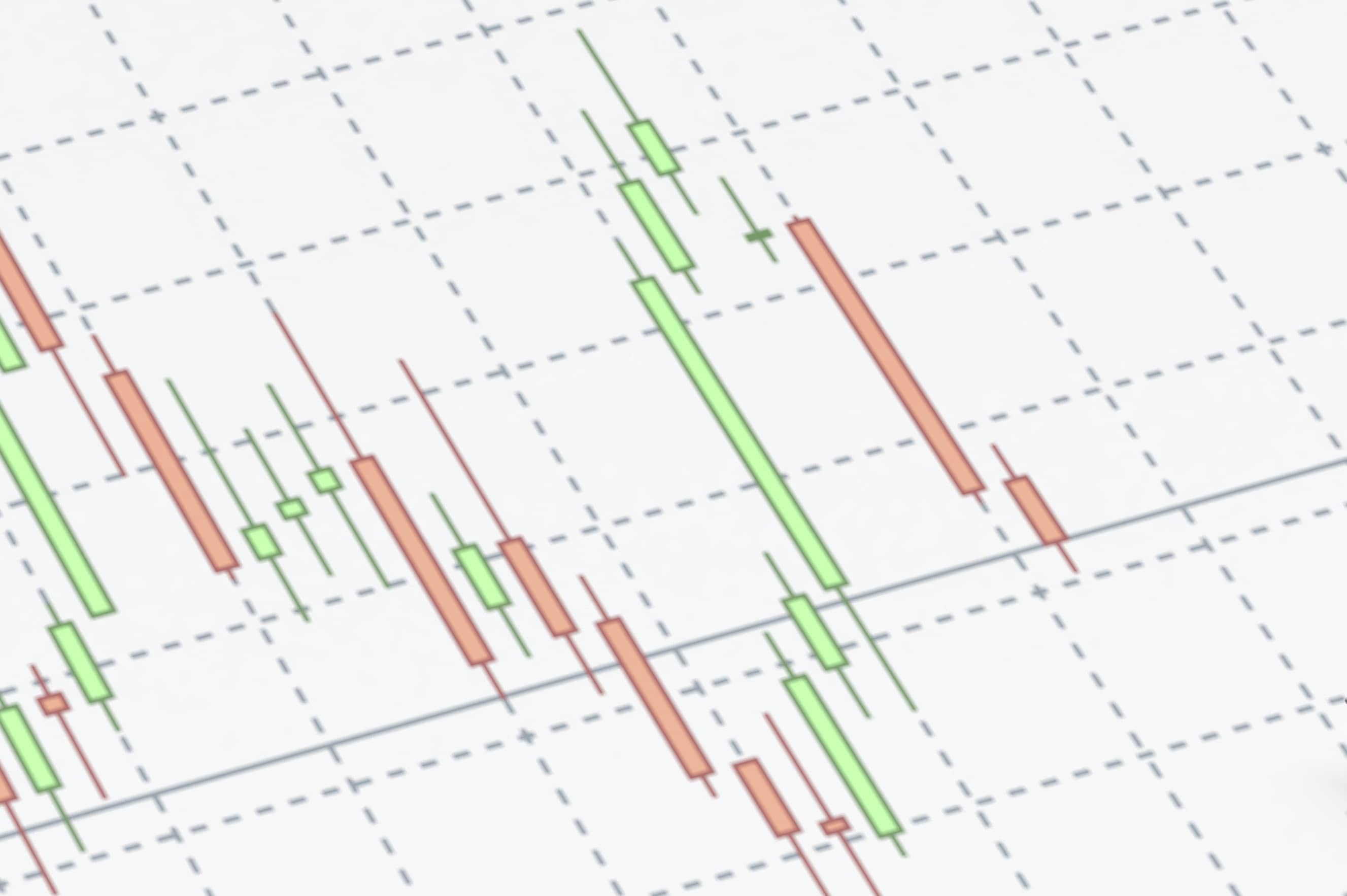
Challenges ahead: collecting, managing, integrating and sharing comprehensible findings on actual performance from cradle to grave

Challenges ahead: addressing the complex issues of building performance, public safety, climate change and socio-ecological value

Challenges ahead: why research must focus on potential problematic consequences and provide proactive built-in fail-safes









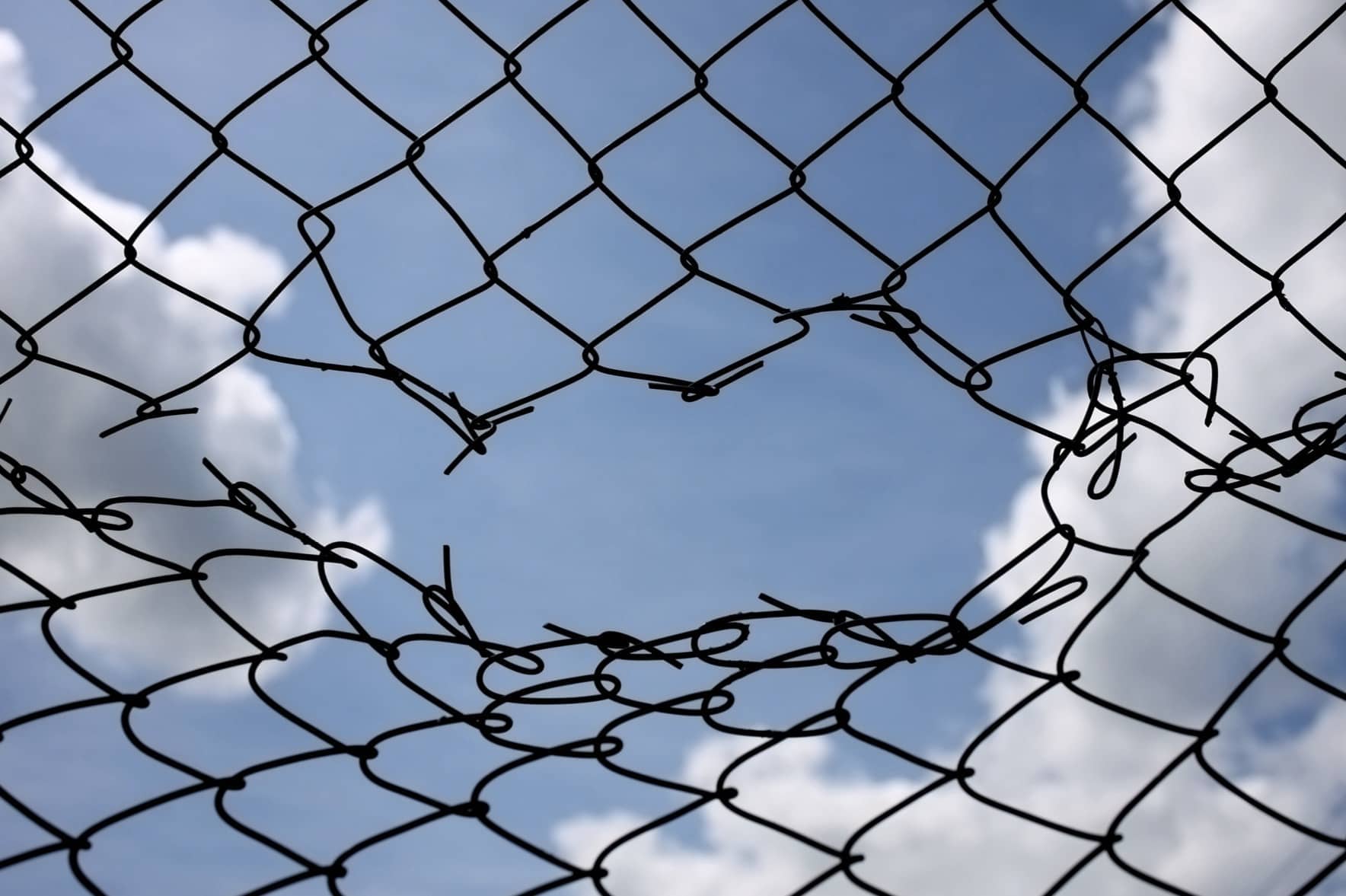

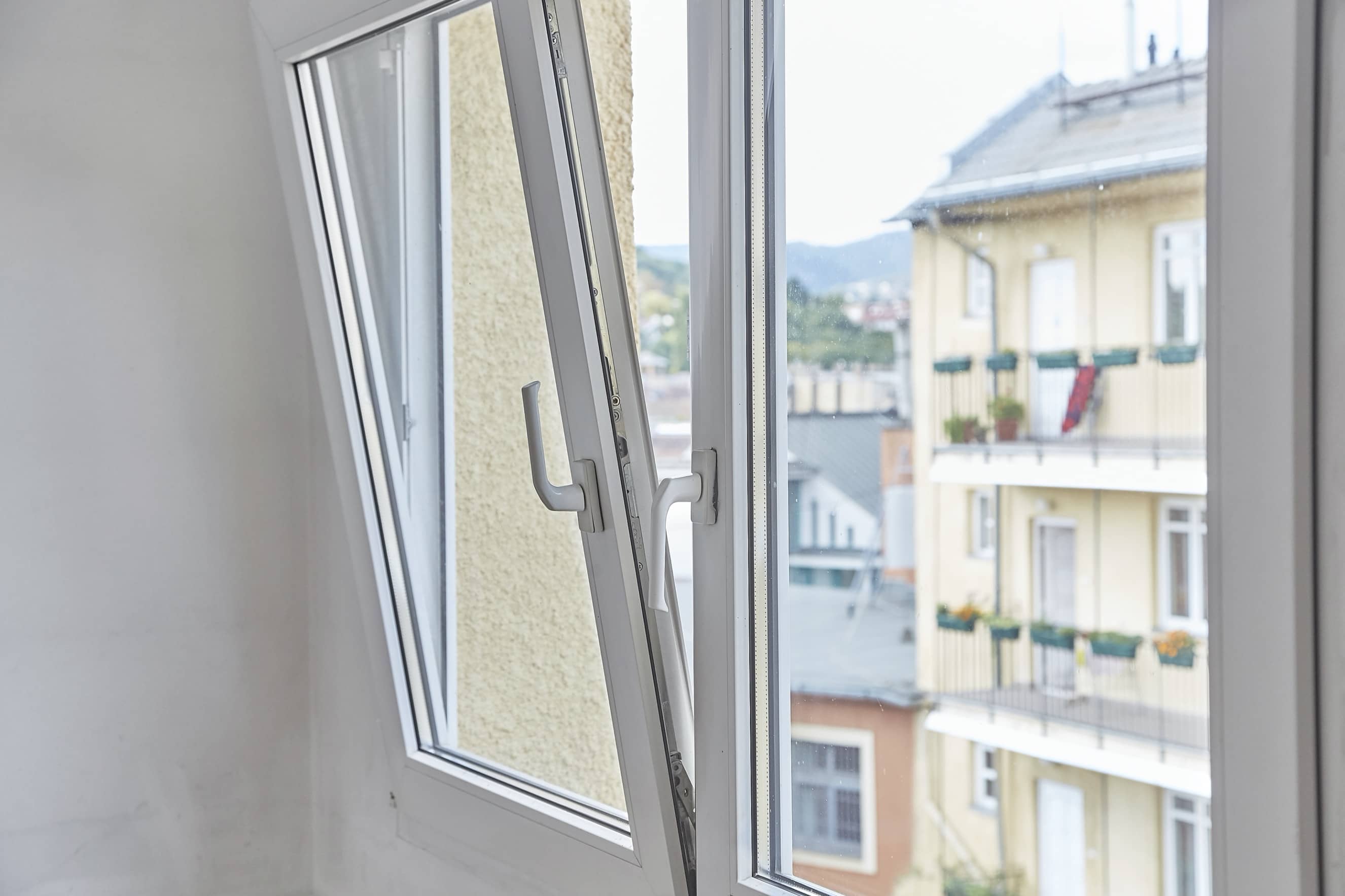

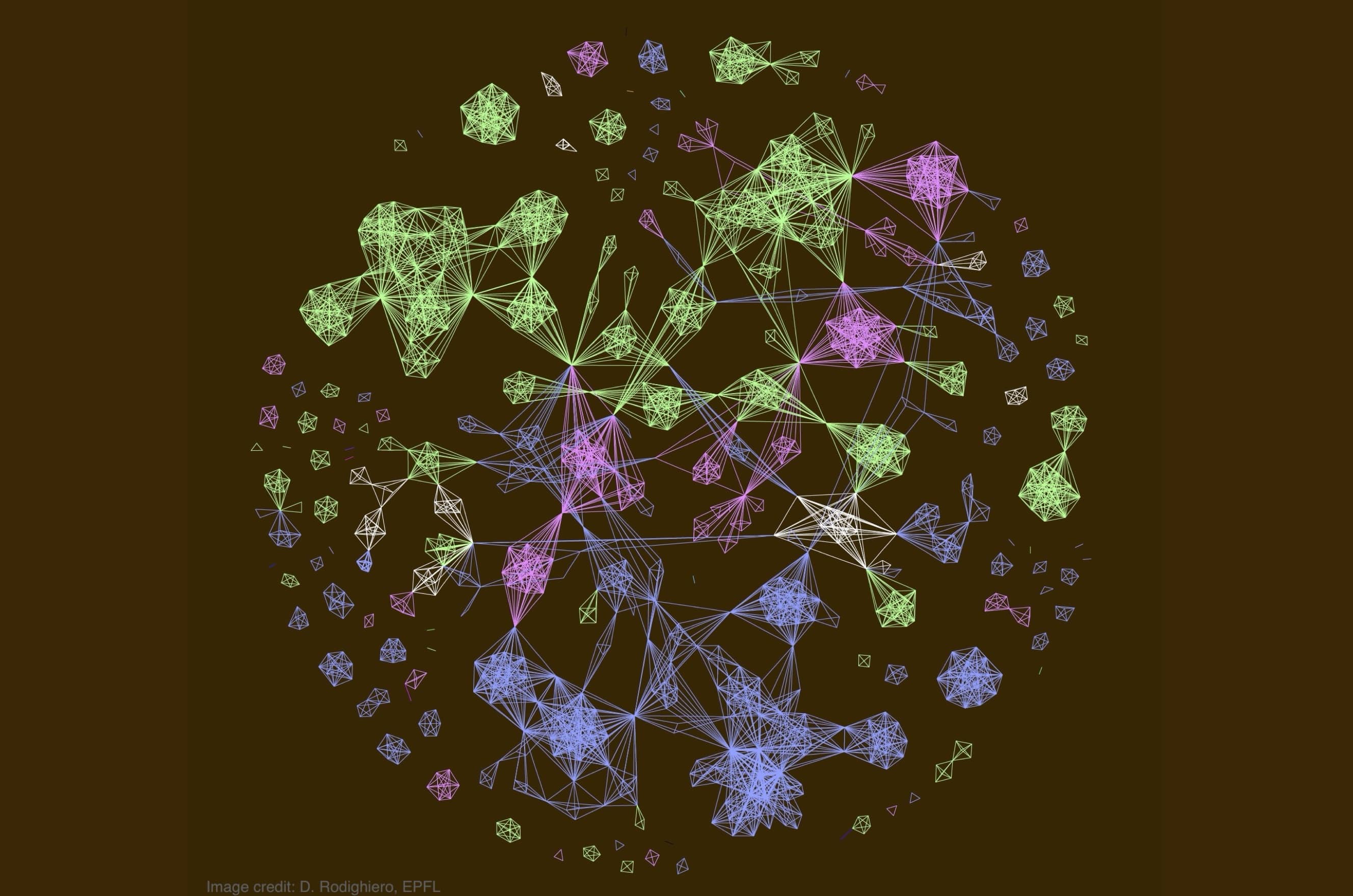

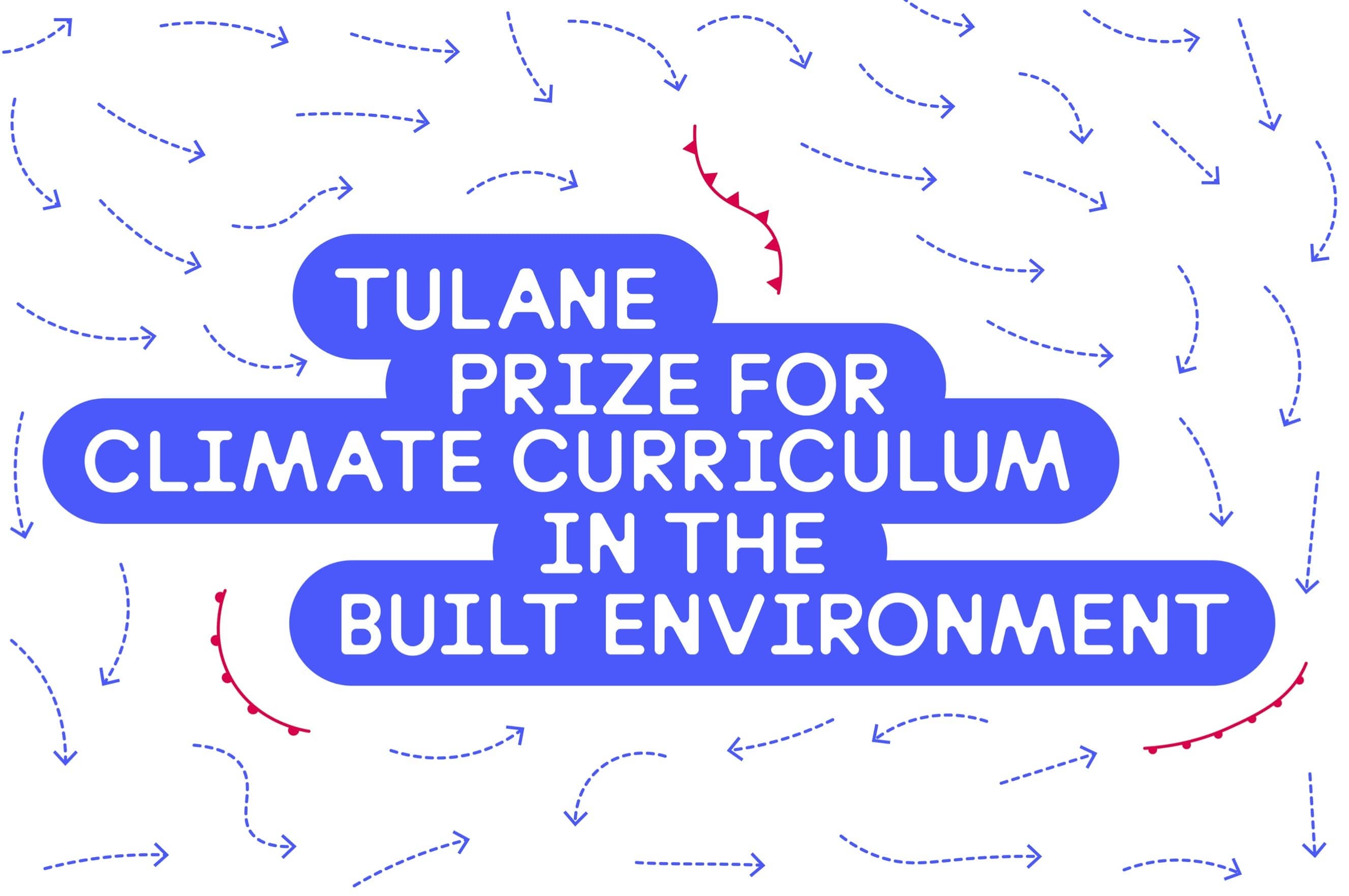

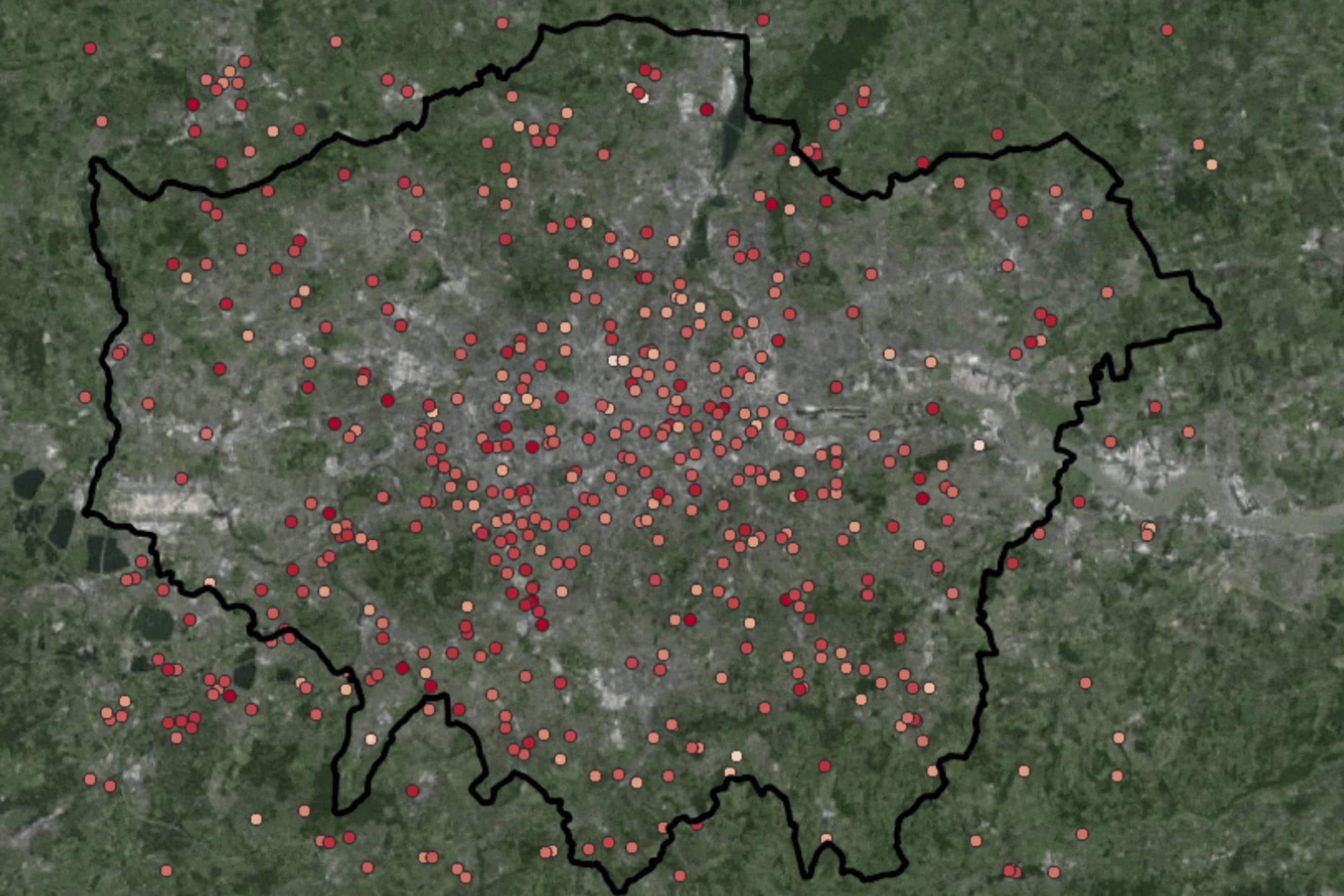
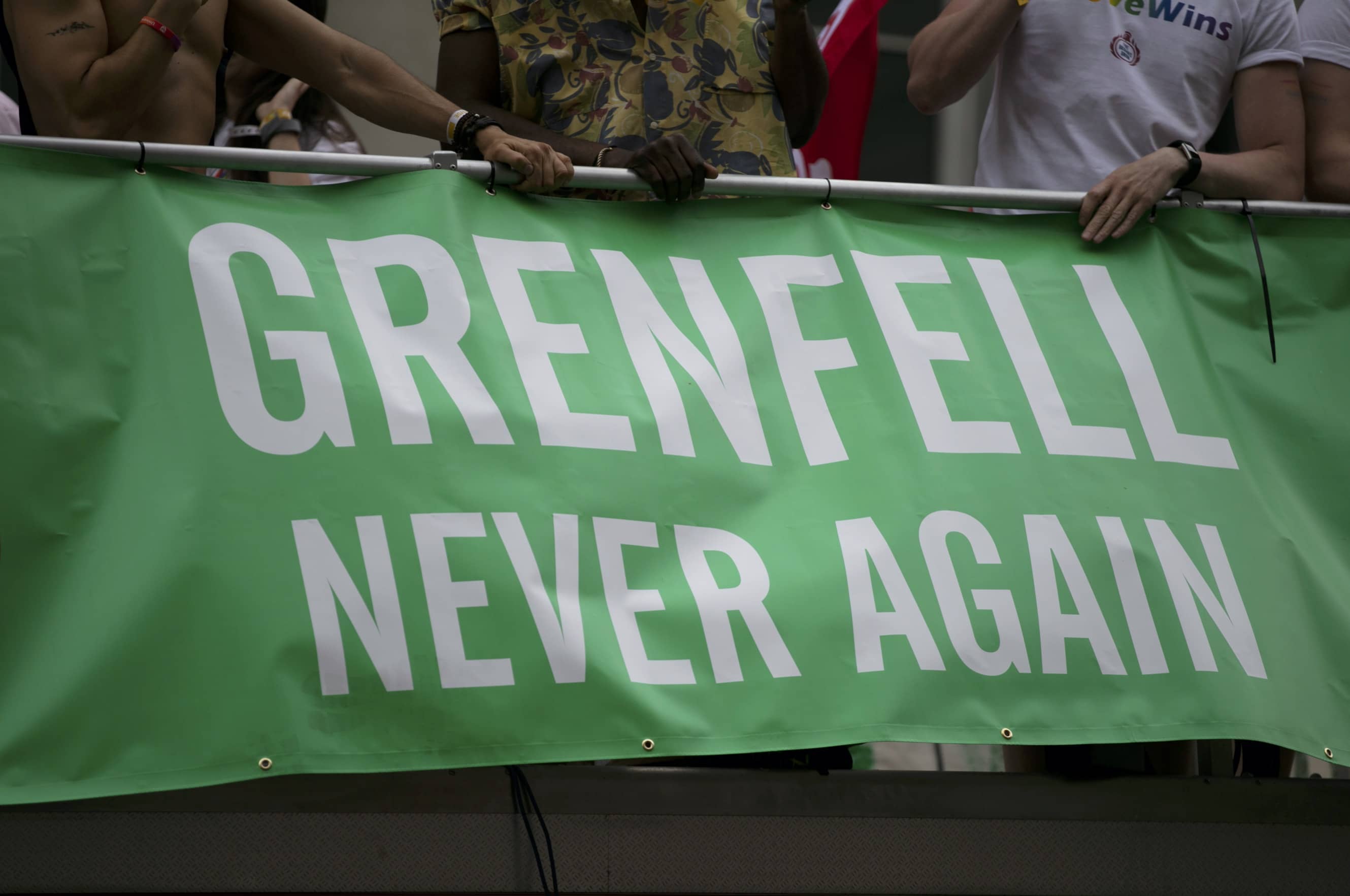
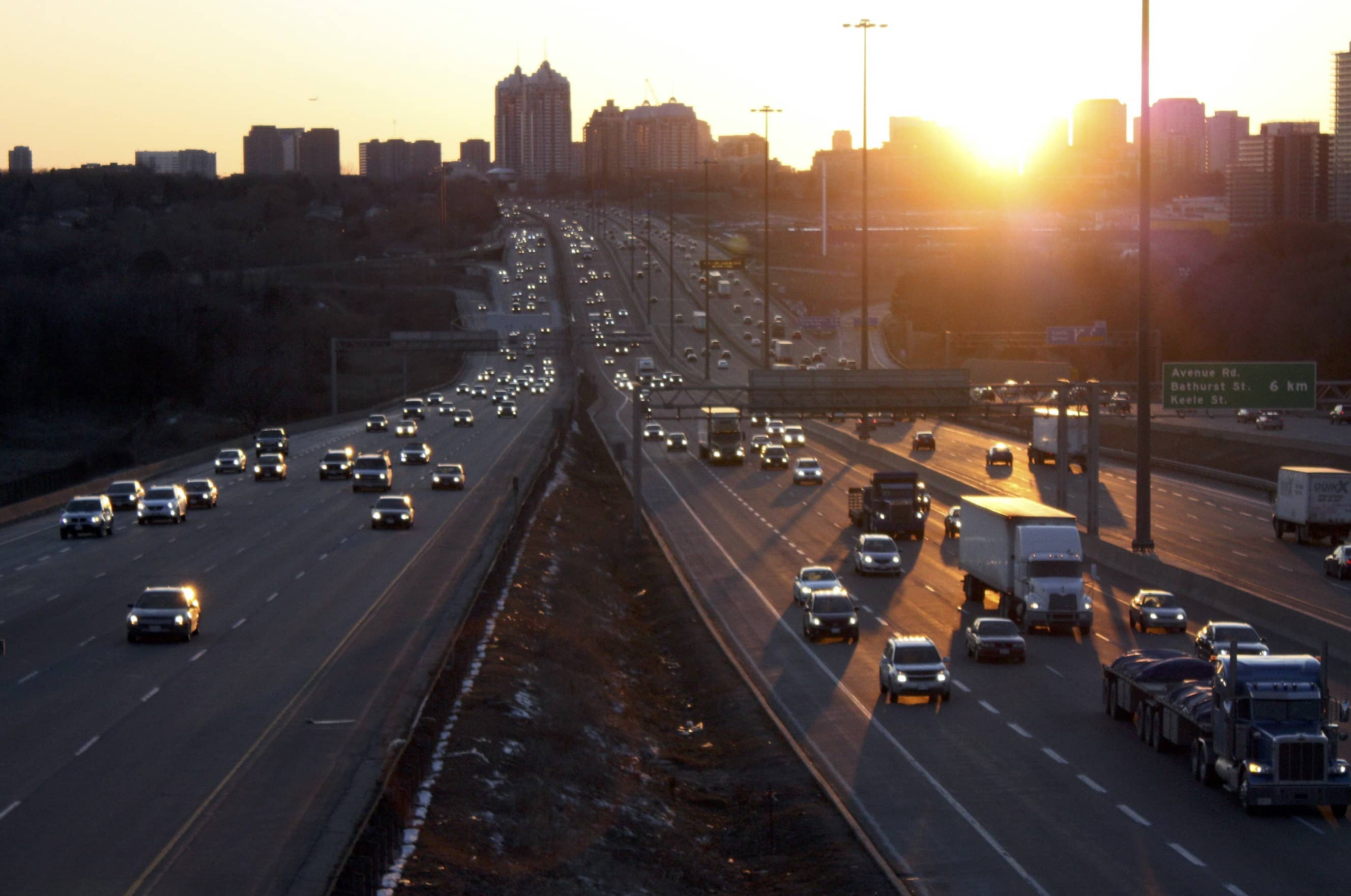
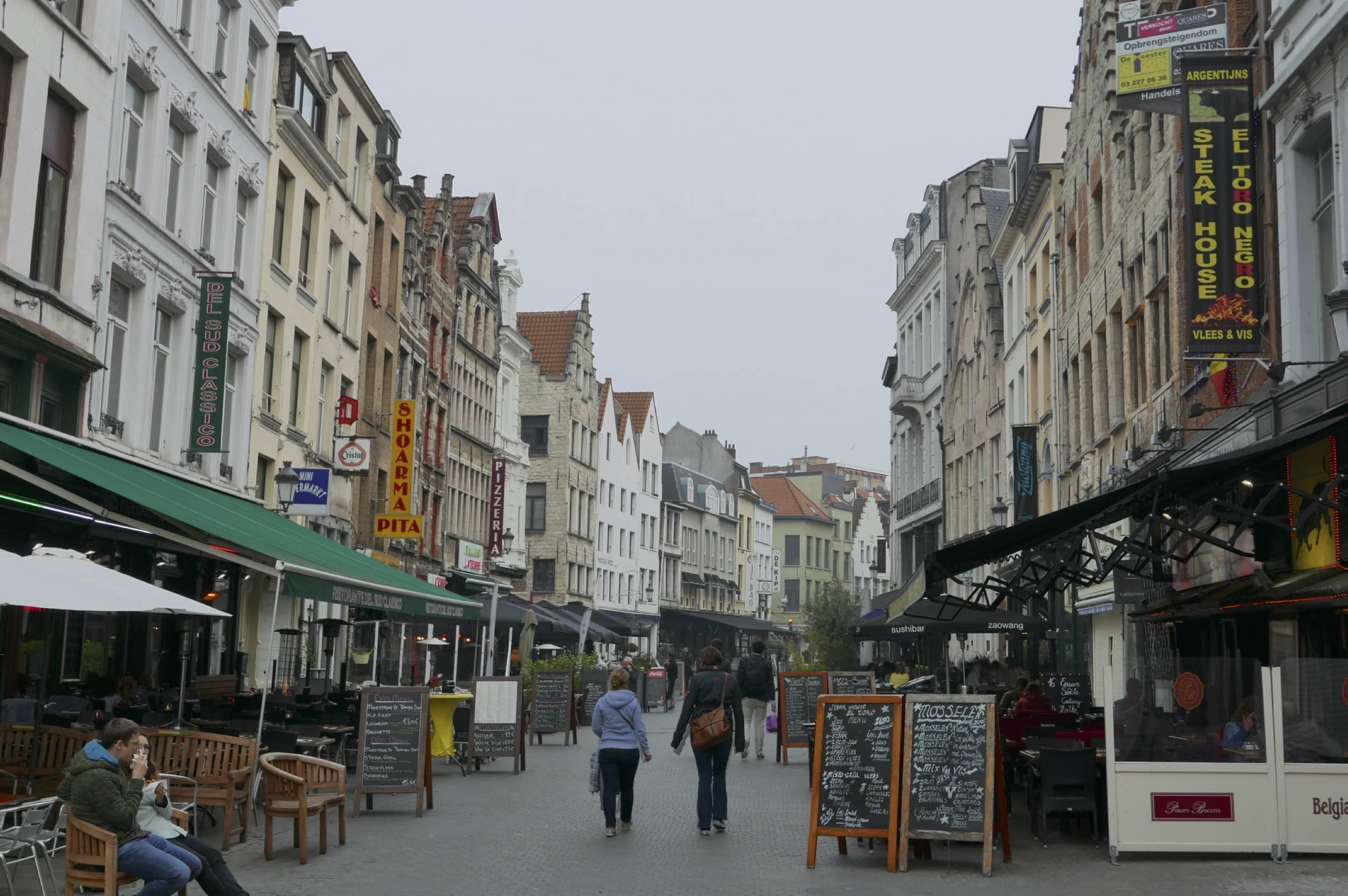

Latest Commentaries
COP30 Report
Matti Kuittinen (Aalto University) reflects on his experience of attending the 2025 UN Conference of the Parties in Belém, Brazil. The roadmaps and commitments failed to deliver the objectives of the 2025 Paris Agreement. However, 2 countries - Japan and Senegal - announced they are creating roadmaps to decarbonise their buildings. An international group of government ministers put housing on the agenda - specifying the need for reduced carbon and energy use along with affordability, quality and climate resilience.
Building-Related Research: New Context, New Challenges
Raymond J. Cole (University of British Columbia) reflects on the key challenges raised in the 34 commissioned essays for Buildings & Cities 5th anniversary. Not only are key research issues identified, but the consequences of changing contexts for conducting research and tailoring its influence on society are highlighted as key areas of action.